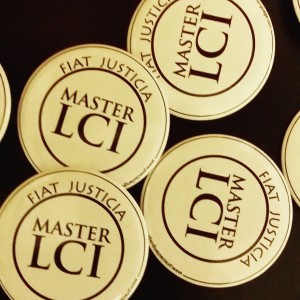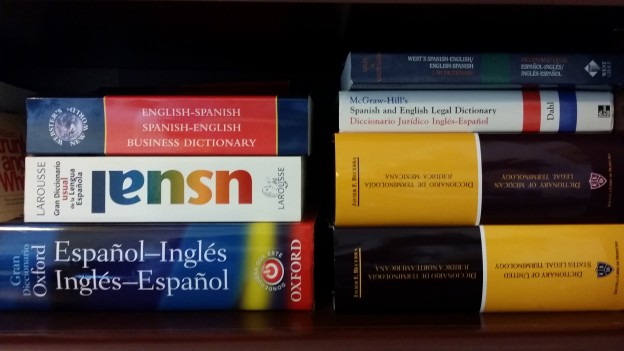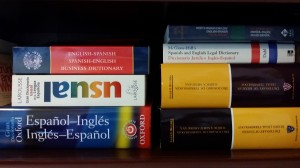
It is my privilege and honor to announce that I am now serving translators and interpreters at the state level, after being nominated to the Texas Association of Judiciary Interpreters and Translators. As a longtime TAJIT member, I have long believed that TAJIT is the organization best positioned to unite court interpreters and legal translators from across Texas and promote both our profession and meaningful access to justice for Limited English Proficient court users. The Board will meet soon to review TAJIT’s programs and strategy, under the leadership of Interim Chair Marco Hanson.
If you hire court interpreters or legal translators, I encourage you to look first to TAJIT members.
If you are a court interpreter or legal translator and you haven’t yet joined TAJIT (or if your membership has lapsed), I take this opportunity to humbly encourage you to join, in support of the advancement of our profession in Texas.
More information at TAJIT’s website.
—
Content Copyright © 2015, Preciso Language Services
PERMISSION TO REPRINT: You may use any items from this article in your print, blog, magazine or electronic newsletter. But in order to do so, you must include the following paragraph, including a link to www.PrecisoLanguage.com.
“Information courtesy of Preciso Language Services and www.PrecisoLanguage.com, a translation and interpreting firm owned by Certified Translator and Master Licensed Court Interpreter Holly Behl.”




